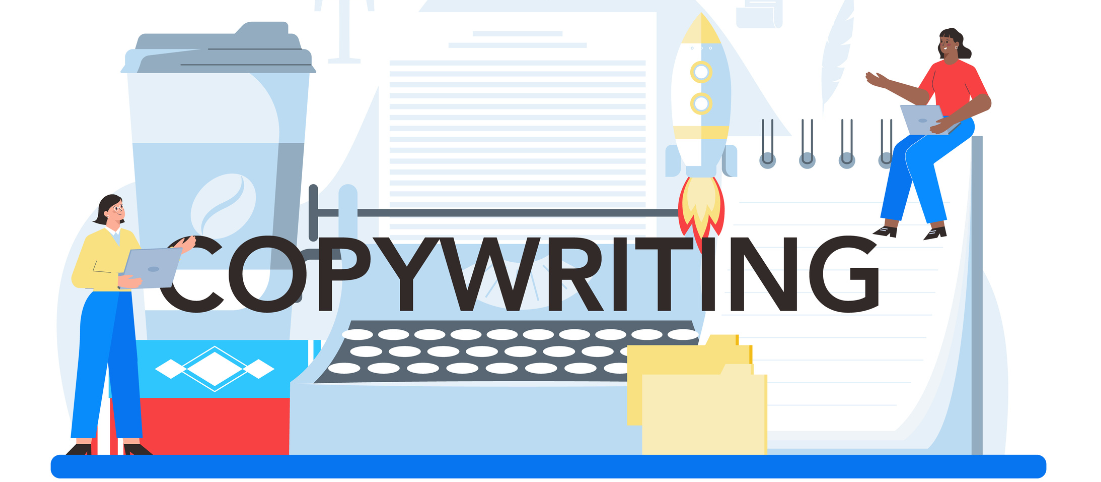

In the digital age, where content is king and storytelling is an art, the role of the copywriter has become more important than ever.
Whether you dream of crafting persuasive advertising campaigns, compelling product descriptions, or engaging web content, this guide shows you how to become a professional copywriter.
We'll cover everything from honing your writing skills to building a thriving freelance career. Let's embark on this exciting journey together.
Before we dive into the details of becoming a professional copywriter, it's important to understand what this role entails. A copywriter is responsible for creating written content that persuades readers to take a specific action. Whether it's convincing customers to make a purchase, sign up for a newsletter, or engage with a brand on social media, copywriters are the storytellers behind marketing messages.
Having a strong foundation in writing is essential to excel in the world of copywriting. Start by honing your grammar and language skills. Make reading widely a habit, and practice writing daily to improve your skills. But writing isn't just about being correct; it's about telling a persuasive story.
Copywriting is all about persuasion.
Study the psychology behind persuasion techniques, such as:
Learn how to craft irresistible headlines and hooks that grab readers, and master the art of creating persuasive calls to action (CTAs).
Copywriting is a versatile field, and there are many different areas you can explore. Consider specializing in advertising copywriting, content writing and search engine optimization, email marketing, direct response copywriting, social media copywriting, product description writing, and e-commerce copywriting, depending on your interests and strengths.
Your portfolio is your ticket to getting copywriting gigs. Create samples of your work, work on personal projects, and collaborate with nonprofits or local businesses to build a diverse portfolio that showcases your skills.
Networking is key to success in the copywriting industry. Join online copywriting forums and communities, attend workshops and conferences, and make the most of professional networking platforms like LinkedIn. Don't be afraid to reach out to potential clients or employers.
The digital marketing landscape is constantly evolving. Stay up-to-date on the latest industry trends and technologies, including the impact of search engine optimization (SEO) and artificial intelligence (AI) on copywriting. Continuous learning and professional development are essential for success.
The road to becoming a professional copywriter is an exciting and rewarding journey.
By understanding the role, developing your writing skills, mastering persuasion techniques, exploring different fields, building a strong portfolio, networking, and staying up-to-date on industry trends, you can build a successful career in copywriting.
And remember, success in this field requires passion, perseverance, and a commitment to continuous learning.
Embrace the challenges and opportunities that come your way, and you'll find yourself thriving as a professional copywriter in no time.